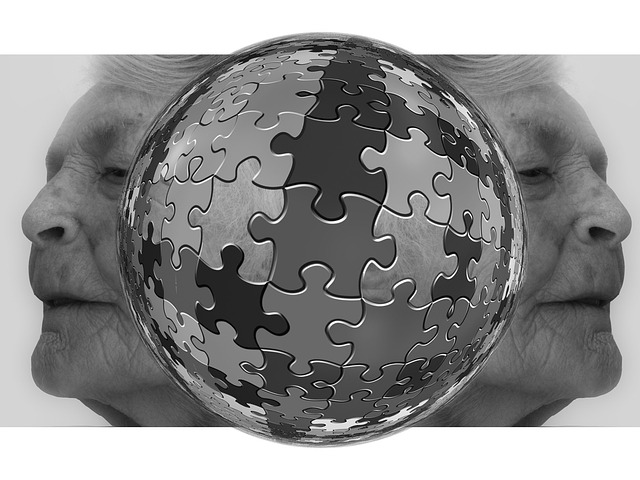“The Holotropic Mind” by Stanislav Grof explores the complexities of human consciousness through a framework that identifies three distinct levels: the biographical, the perinatal, and the transpersonal. Drawing from over fifty years of research into non-ordinary states of consciousness, Grof argues that these levels shape our psychological experiences and emotional disorders. He emphasizes the importance of spirituality as a fundamental aspect of human existence. He advocates for a transformative approach to psychology that integrates insights from various disciplines, including mythology and anthropology. The book challenges conventional views in psychiatry and psychotherapy, proposing that understanding these layers of consciousness can lead to deeper healing and personal growth.
Editor’s Note: Grof’s “The Holotropic Mind” presents a profound challenge to contemporary understandings of consciousness and human experience, suggesting that our future hinges on a collective awakening to the deeper layers of our psyche. [Read how your consciousness can change material reality: Dr. Joe Dispenza: Change Your Reality, Feel It Until You Manifest It, Reality and the Emergent Self, Changing your Reality: Linguistics, Quantum Physics, and the Law of Attraction].
By integrating insights from psychology, spirituality, and transpersonal experiences, Grof advocates for a transformative approach that transcends traditional therapeutic methods. This inner transformation is beneficial and essential for humanity’s survival in the face of existential threats like environmental degradation and social disconnection. As we confront these challenges, Grof’s work implies that embracing our interconnectedness and exploring the full spectrum of consciousness could lead to a more compassionate and sustainable future, urging us to recognize that true healing begins within.
Read Original Article
Read Online
Click the button below if you wish to read the article on the website where it was originally published.
Read Offline
Click the button below if you wish to read the article offline.





